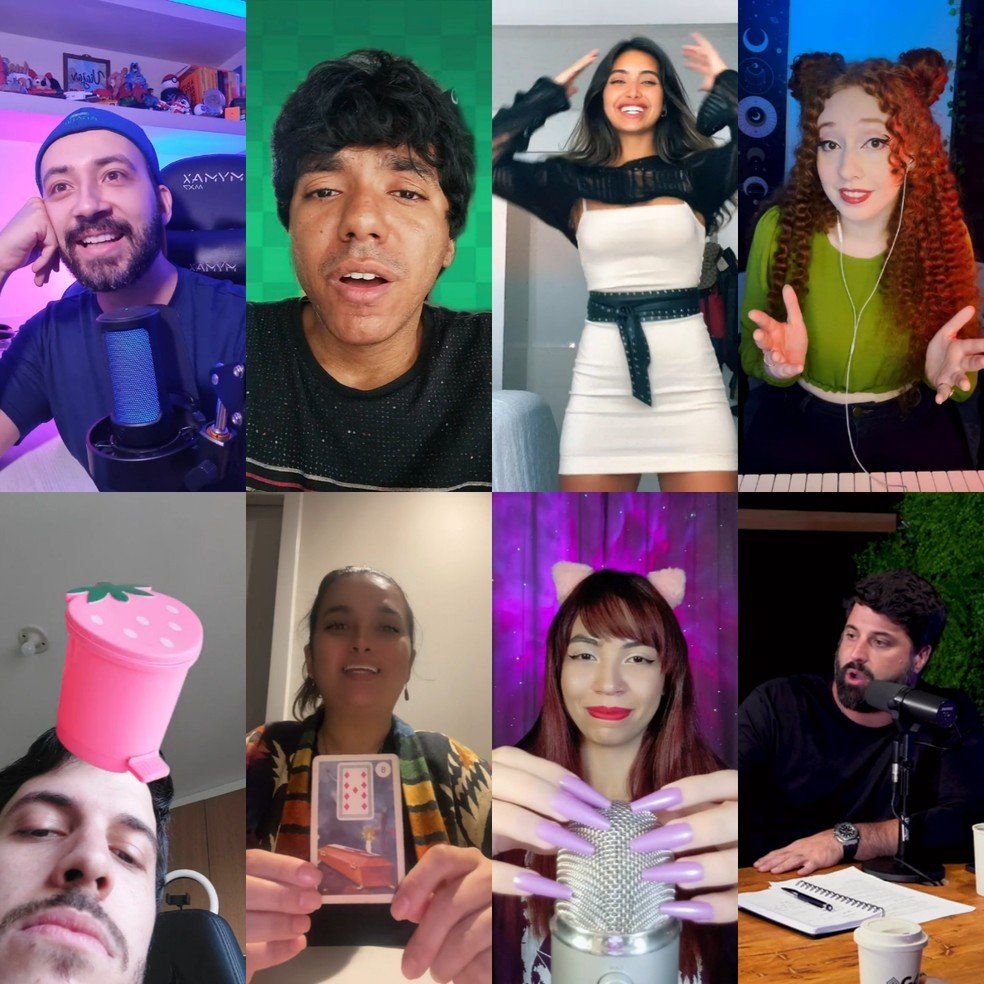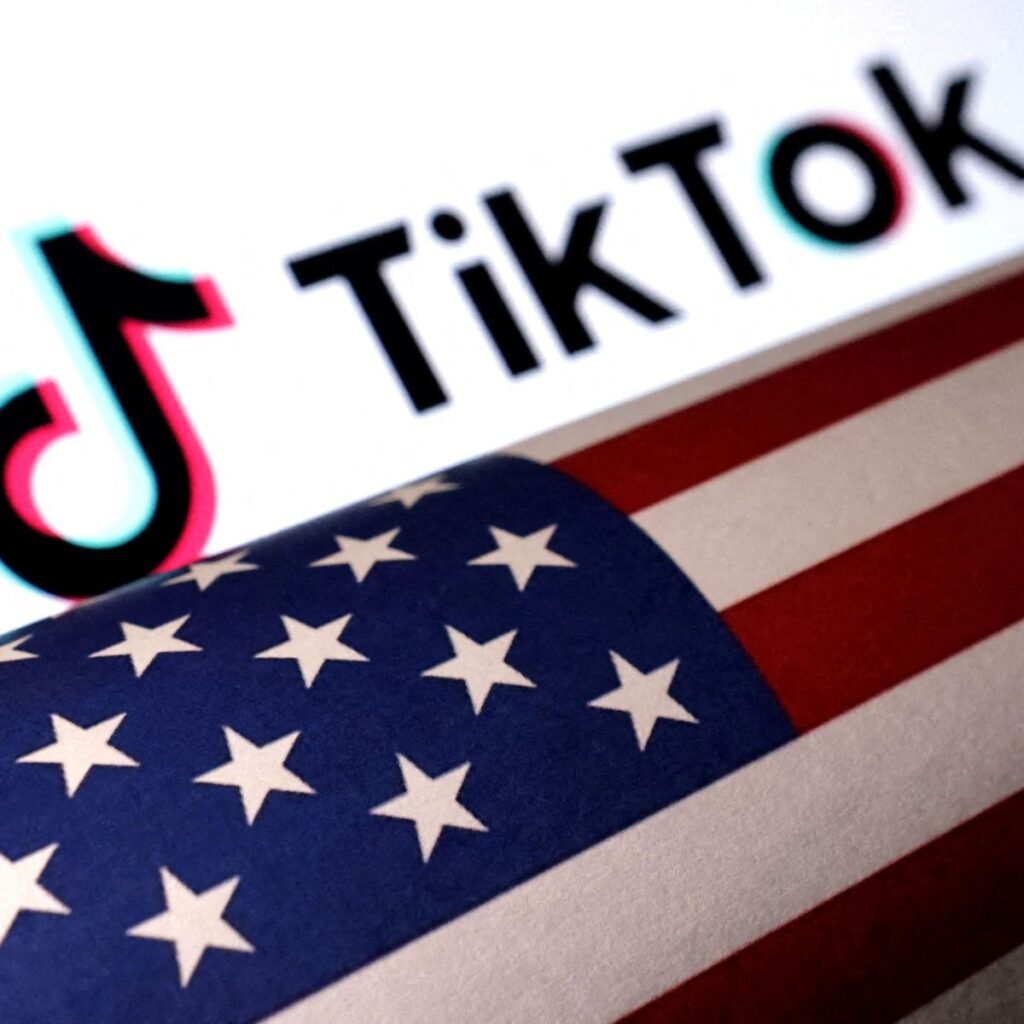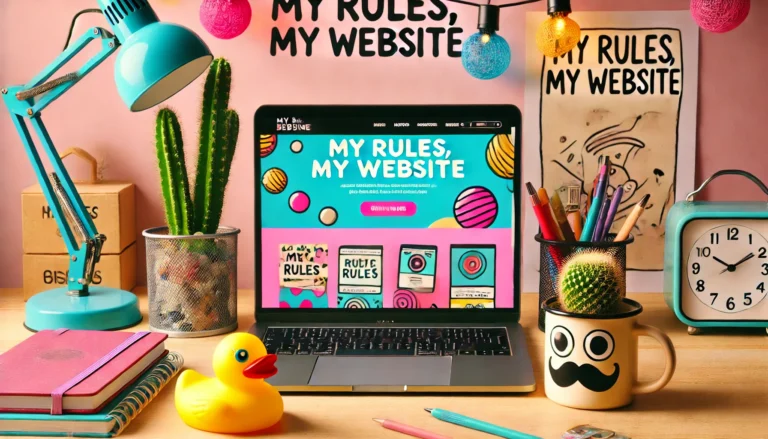TikTok is a cultural juggernaut and business powerhouse. What happens if it all goes away?
TikTok has taken the world by storm, becoming one of the most influential platforms in both cultural and business terms. Since its global rise in 2018, the app has reshaped how we consume content, interact with trends, and even approach commerce. Its reach is staggering, and its impact on culture and the economy is unparalleled.
But as TikTok faces increasing scrutiny and potential bans in various countries, one question looms large: What happens if this phenomenon disappears?
TikTok has redefined entertainment and social interaction. With over 1 billion active users worldwide, it’s not just an app—it’s a cultural movement.
Unlike its predecessors, TikTok’s algorithm is its crown jewel, serving hyper-personalized content that keeps users hooked. From viral dance challenges to deep discussions about mental health, TikTok is where pop culture is born today.
See also…
One of TikTok’s most significant contributions to culture is its ability to democratize creativity. With minimal production tools, anyone can become a creator, and the platform’s algorithm often favors raw, authentic content over polished perfection. This has given rise to new stars in music, fashion, and even comedy, who might have otherwise remained unnoticed.
TikTok isn’t just reflecting trends—it’s creating them. Songs, aesthetics, and even consumer behaviors often originate on TikTok before permeating mainstream culture. Entire industries, from fashion to food, now monitor TikTok trends to stay relevant.
The app holds particular sway over Gen Z, who often see TikTok as a space for self-expression and community. From social activism to personal storytelling, TikTok is a digital diary for millions, fostering a sense of belonging and cultural exchange.

The business powerhouse behind TikTok
TikTok isn’t just a cultural heavyweight—it’s a business giant. Owned by Chinese tech company ByteDance, TikTok has disrupted advertising, e-commerce, and even traditional media industries.
TikTok’s advertising model has been a game-changer. Its immersive, full-screen ads and native content seamlessly blend into user feeds, making them far more engaging than traditional banner ads. In 2023, TikTok’s global ad revenue was estimated at over $11 billion, a figure that rivals established players like Meta and YouTube.
TikTok has also become a major player in the e-commerce world, with features like TikTok Shop enabling users to purchase products directly from the app. The platform’s ability to drive sales through viral product trends—dubbed “TikTok Made Me Buy It”—has made it an indispensable tool for brands.
Read more…

Small and independent businesses have thrived on TikTok, using the platform to reach global audiences without hefty marketing budgets. A single viral video can transform a struggling business into a booming success overnight.
The impact of a TikTok ban
Despite its success, TikTok has faced growing scrutiny over data privacy and national security concerns, especially in the United States and Europe. Some governments have already banned TikTok on government devices, and the possibility of a wider ban looms.
If TikTok were to vanish, the cultural landscape would shift dramatically. The app’s unique algorithm and user-driven content have made it a breeding ground for creativity. Without TikTok, creators and consumers would likely turn to other platforms, but the sense of immediacy and community TikTok fosters would be hard to replicate.
A TikTok ban could deal a severe blow to the businesses that rely on the platform for marketing and sales. Small businesses, in particular, would lose an accessible and cost-effective way to reach their target audiences. Meanwhile, advertisers would need to scramble to reallocate budgets and strategies, potentially leading to significant losses in revenue.
The tech world would also feel the impact. TikTok’s success has forced other platforms, like Instagram and YouTube, to innovate with features like Reels and Shorts. Without TikTok as a competitor, the urgency for innovation might diminish, leading to a less dynamic social media landscape.

What happens to creators?
For TikTok creators, a ban could be devastating. Many have built entire careers around the platform, and transitioning to other spaces might not be easy. Platforms like Instagram and YouTube could see an influx of TikTok refugees, but it would take time for these creators to rebuild their audiences and adapt to different content formats.
If TikTok were to disappear, the void it leaves would undoubtedly be filled. Platforms like Instagram Reels, YouTube Shorts, and even emerging apps like Triller or Clapper would vie for dominance. However, replicating TikTok’s algorithmic brilliance and cultural resonance is easier said than done.
The future of short-form content would likely become more fragmented, with creators and brands spreading their efforts across multiple platforms. While this could lead to innovation, it might also dilute the cohesive cultural moments that TikTok currently facilitates.
TikTok’s influence on our cultural and business landscapes is undeniable. It has democratized creativity, reshaped industries, and connected people across the globe. But its potential disappearance raises important questions about the fragility of digital empires and the power of governments to shape our online experiences.

As we navigate the possibilities of a TikTok-less world, one thing is clear: its legacy, for better or worse, will continue to shape culture and commerce for years to come. Whether it remains a dominant force or becomes a cautionary tale, TikTok has already left an indelible mark on our digital lives.
Read also…
Get fresh content delivered to you
Sign up to our newsletter and receive our latest updates and exclusive content. No spam, one e-mail per week, maximum!







